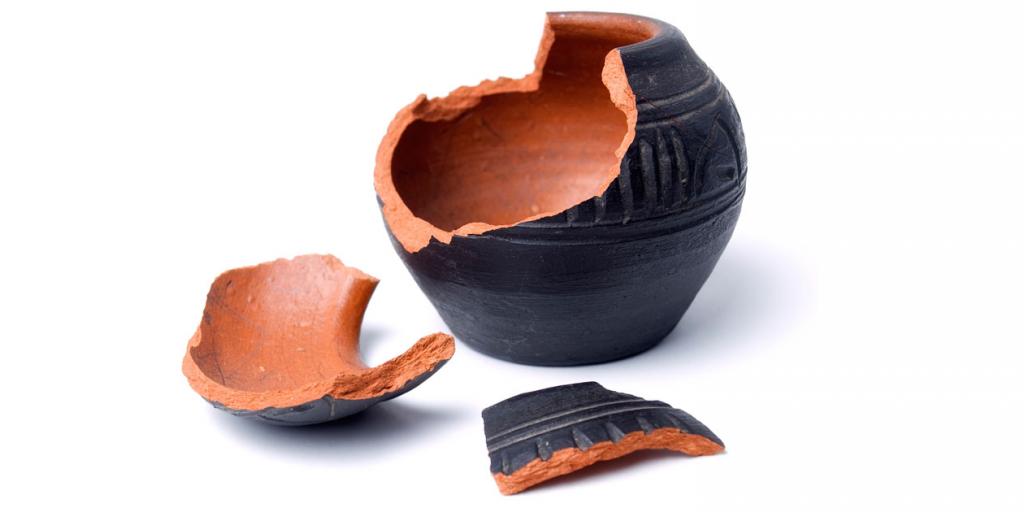
Broken cisterns
“Going green” is all in vogue, as the need to conserve—and the practicality of recycling—becomes even more compelling in crippled economies around the world. Things that were once thoughtlessly discarded are now often repurposed or recycled. More energy-efficient methods of doing daily chores and routine tasks are being sought at every level. It just makes good sense to do some of these things.
Recently, while helping someone install rain barrels to catch the runoff of rain water from the guttering system on the roof of their home—a practice that was common in another time before modern water delivery systems were in place—I thought of an obscure scripture that holds much meaning for those who will pause to ponder it.
From about 635–605bc, Jeremiah, sometimes referred to as the “weeping prophet,” wrote a stern warning to the “house of Jacob and all the families of the house of Israel.” In this prophecy, he outlined the sins of the nation and gave the terrible consequences if the people refused to change from their sinful ways. In Jeremiah 2:11–13, he wrote: “‘Has a nation changed its gods, which are not gods? But My people have changed their glory for what does not profit. Be astonished, O heavens, at this, and be horribly afraid; be very desolate,’ says the Lord. ‘For My people have committed two evils: They have forsaken Me, the fountain of living waters, and hewn themselves cisterns—broken cisterns that can hold no water.’”
What is a cistern? Like the rain barrel, it is a device for storage of water for later use, usually underground. In using this analogy, what was the prophet saying to those people long ago, and is there a message there for us today?
Clearly, the people of that age were ignoring the plain instruction on how to live their lives. They were not keeping the commandments; they were not concerned for each other. Their leaders were leading them astray, and they willingly went along with it.
The “living waters” provided by a loving God were not being retained. No, these truths, pictured by living waters, were being placed in broken cisterns where they were spilled and did no one any good.
We have that expression in English idiom today when we refer to some unfounded scheme or some unworkable idea by saying, “Why, that just won’t hold water!”
How about it? Will the things you believe and practice hold up under the scrutiny of God’s Word found in the Bible? Will your beliefs “hold water”? Or have you, through neglect or lack of study to determine the important things in life, hewn out for yourself broken cisterns that can hold no water?”
Tomorrows World can provide you, if you are willing, information to prove that Israel—to whom these words were written—can be identified in these modern times, and that these words written so long ago apply today. In verse 32 of this same chapter, God said through Jeremiah, “…Yet My people have forgotten Me days without number.” This is an apt description of the age in which we live today.
It doesn’t have to be that way. These life-changing truths can be learned and a way of life that does “hold water,” the living waters, which pictures the Holy Spirit, can be lived. With this Spirit, genuine change can be made to begin living a godly life, with all the blessings that it brings now and in the soon-coming Kingdom of God, at Christ’s return.
Our literature, all of which is free of charge, can help guide you in hewing out cisterns which are not broken, to contain the spiritual blessings God provides. I recommend our 24-lesson Bible Study Course, in print or online, to help you in this endeavor. Check it out today!
Stay up to date with our Weekly Digest Email!
Tomorrow's World ComMentary Podcast
Subscribe to Tomorrow's World Commentary podcasts on iTunes and Google Play!



